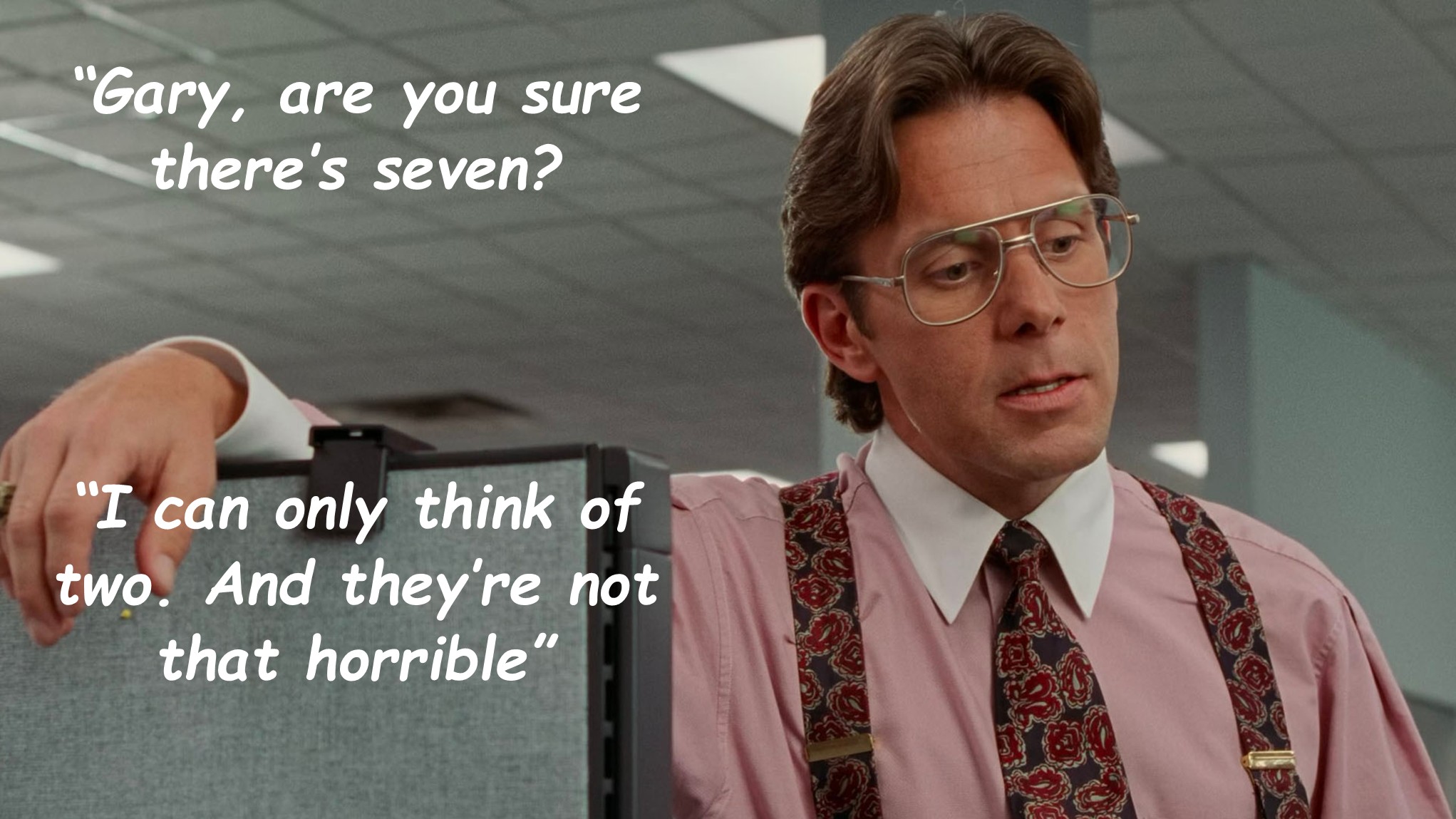Productivity killers in an offsite construction factory’s office don’t just drain the company’s bottom line—they slowly poison your sanity, stress levels, and professional reputation. You’re not just wasting time; you’re making your work life a waking nightmare. Here’s a hard-hitting look at the seven deadly sins of office productivity, how they silently destroy your day, and what you can do to stop them before they bury you alive.

.
1. Social Media: The Black Hole That Eats Your Workday
You walk into the office, sit at your desk, and just check in for a second on social media. A harmless peek. But that one-minute dopamine hit turns into a full-blown 45-minute rabbit hole. Suddenly, you’re deep in the abyss of rage tweets, cat videos, and someone’s long-winded rant about prefab building codes. Your brain is fried before you’ve even opened your inbox.
The Damage:
- You start your day playing catch-up instead of taking control.
- Your stress spikes when you realize you just wasted your most productive morning hour.
- The factory’s bottom line takes a hit because you’re producing nothing.
The Fix:
Don’t open social media in the first hour of work. If you need to post industry-related updates, schedule them the night before. Better yet, remove social apps from your work computer altogether. Discipline beats dopamine every time.
2. Earbuds: Your Secret Ticket to Zoning Out and Screwing Up
Listening to music or podcasts while working? You’re not multitasking—you’re splitting your brain in half, and neither half is doing its job well. If you need proof, try remembering everything you heard on that podcast while correctly entering data or responding to emails. Spoiler alert: You can’t.
The Damage:
- You miss key instructions, then blame someone else when things go south.
- Your brain starts tuning out everything, including warnings, deadlines, and co-workers asking you vital questions.
- You get labeled as “unfocused and unreliable”—a one-way ticket to being ignored, or worse, replaced.
The Fix:
Leave your earbuds at home. Need focus music? Play it quietly on speakers at your desk if allowed. Podcasts? Schedule them for your commute or lunch break. Your job requires your full attention—give it.
3. Saying “Yes” Just to Shut People Up
When someone asks for your opinion, and you think “What a dumbass question,” but say “Yeah, sure” just to get rid of them, you are the problem. You didn’t help them, you didn’t stop them from making a mistake, and now you get to watch the train wreck you could have prevented.
The Damage:
- You create a workplace where bad ideas spread like mold.
- Your stress spikes when you see mistakes being made that you could have stopped.
- You waste time fixing problems instead of preventing them.
The Fix:
If something sounds off, challenge it. Ask “Why?” or “Have you thought about…?” instead of blind approval. Your office isn’t a kindergarten—don’t treat it like one.
4. Procrastination: The Silent Killer of Sanity
You know you should answer that email, but meh, later. You should send that report, but ugh, coffee first. You delay a dozen tiny tasks, and by 4:30 PM, you’re staring at a mountain of unfinished work while contemplating the meaning of your terrible life choices.
The Damage:
- Stress skyrockets as tasks pile up.
- You look like a lazy, unreliable liability to your boss and coworkers.
- Your productivity plummets, and suddenly, you’re the bottleneck everyone hates.
The Fix:
Adopt the 2-Minute Rule: If a task takes two minutes or less, do it NOW. Those emails? Done. That quick response? Sent. That small report? Filed. By day’s end, you’ll feel like an efficiency god.
5. Avoiding Conflict Like It’s Radioactive
Something at work is deeply wrong, but you stay quiet because, hey, confrontation sucks. That new factory workflow is a disaster waiting to happen? Not your problem. Does the new memo make zero sense? Not your circus.
Until it is.
The Damage:
- Your stress skyrockets from silent resentment.
- You feel powerless and disengaged.
- The company tanks on bad decisions no one had the guts to challenge.
The Fix:
Speak up. If a process, policy, or idea doesn’t sit right, ask about it. Maybe there’s a reason. Maybe it’s fixable before it explodes. Either way, suffering in silence doesn’t do you or your company any favors.

.
6. Gossip: The Cancer That Destroys Workplaces
That hot piece of gossip that just landed on your desk! Tempting, isn’t it? But remember: The dog that brings a bone also takes a bone. The same coworker whispering dirt in your ear will whisper yours to someone else next week.
The Damage:
- You create a toxic, backstabbing work environment.
- Your reputation shifts from “trusted team member” to “unreliable gossip-monger”.
- Management sees you as drama, not leadership material.
The Fix:
The next time someone tries to dish “Did you hear what so-and-so did?”, respond with “No, and I don’t need to.” Gossip dies when it has no audience.
7. Thinking You Know Everything (Hint: You Don’t)
Your offsite construction office is constantly evolving—new regulations, new materials, new tech. But if you think you already know it all, you’ll be left in the dust by someone who actually cares to learn.
The Damage:
- You stop growing professionally, while others pass you by.
- Your outdated knowledge and resistance to change make you a liability.
- You become the office joke—the guy who “knows everything” but actually knows jack.
The Fix:
Educate yourself. Read industry news daily. Attend webinars, conferences, and training sessions. And yes, scheduled, work-approved podcasts are the one exception to the no-earbuds rule.
Fix These Habits or Get Left Behind
Each of these seven habits is a productivity-killing parasite that leeches your energy, wastes your time, and crushes your career. Fix them, and you’ll reduce stress, work smarter, and stop drowning in frustration. Ignore them, and you’ll stay stuck in a never-ending cycle of regret and workplace misery.
Your choice.
Gary Fleisher, The Modcoach, writes about the modular and offsite construction industry at Modular Home Source.
.
CLICK HERE to read the latest edition
Contact Gary Fleisher












